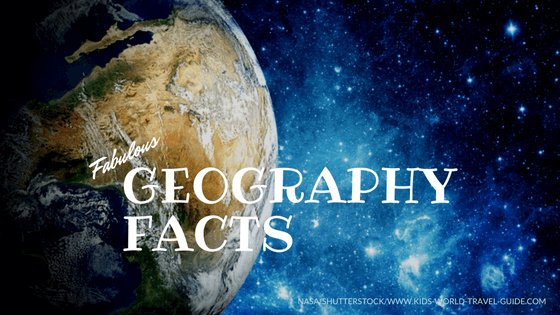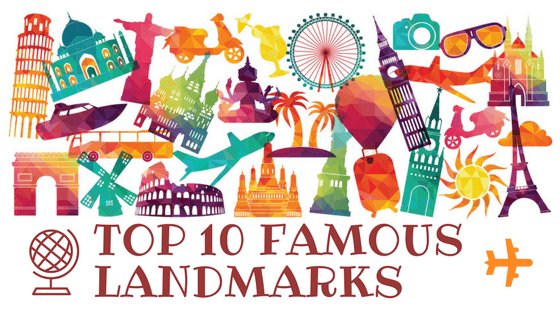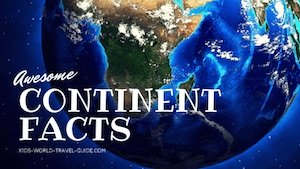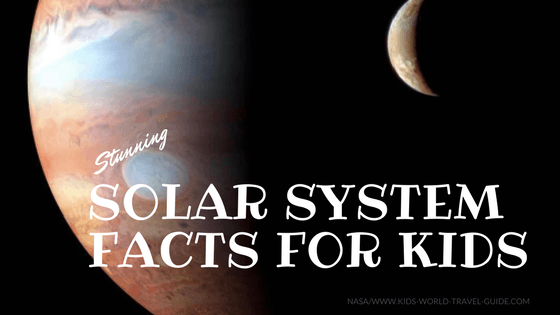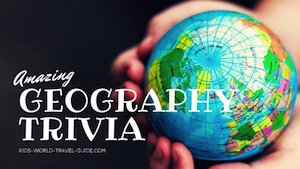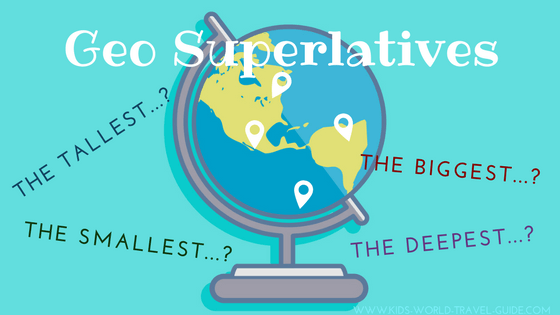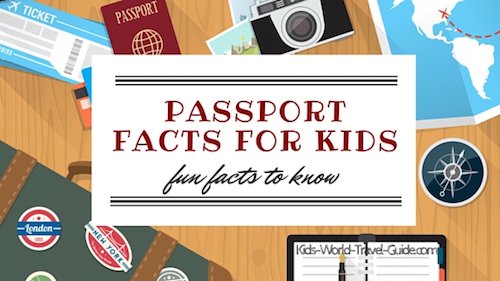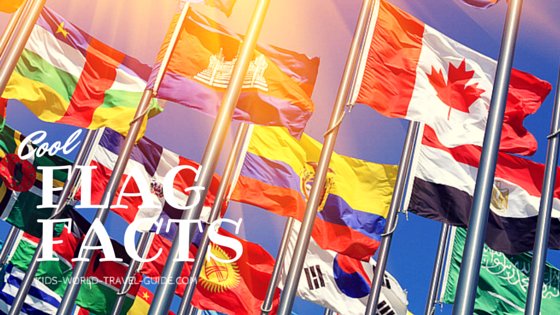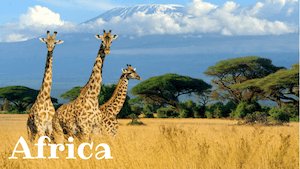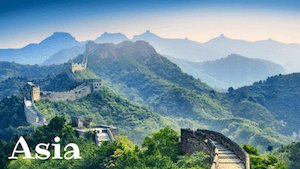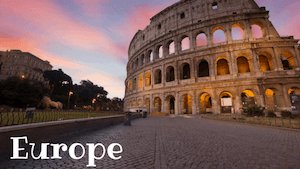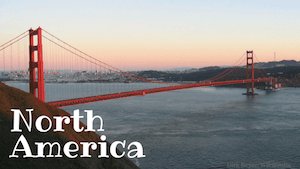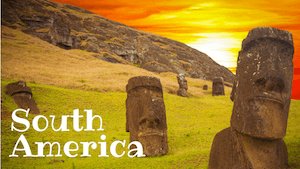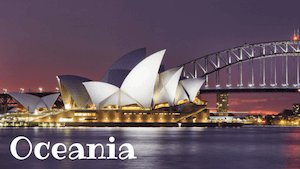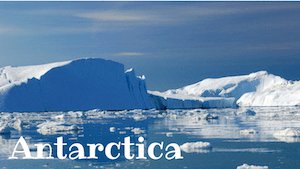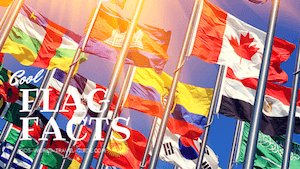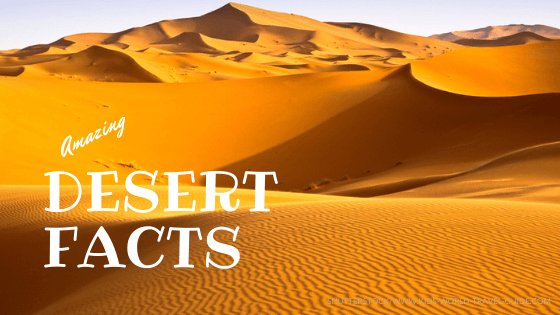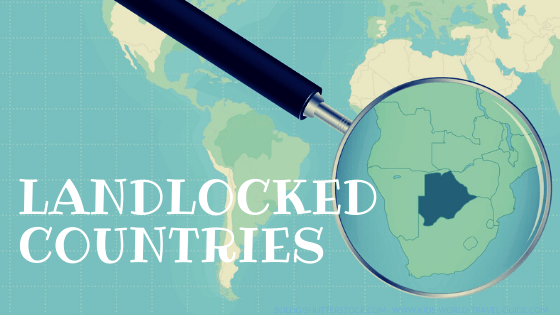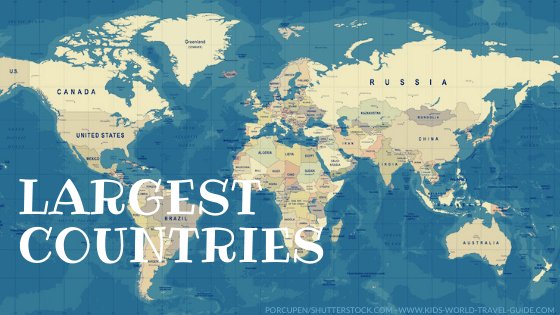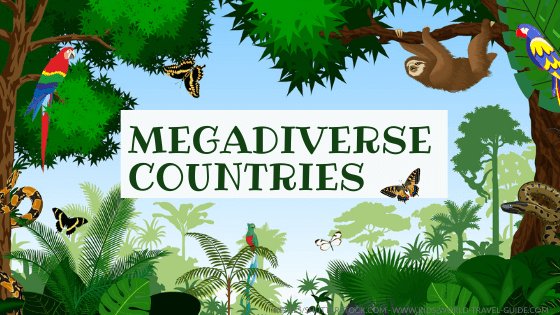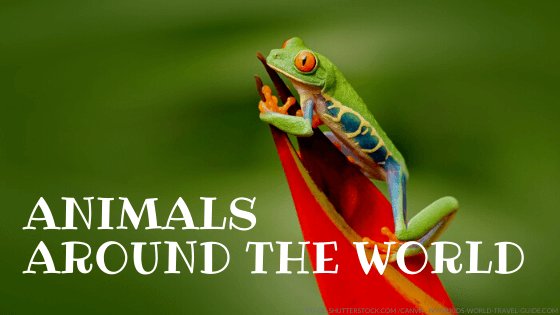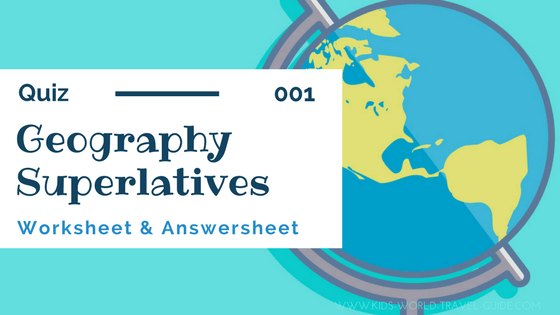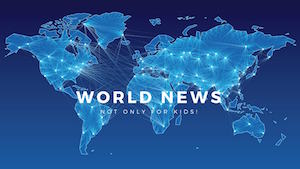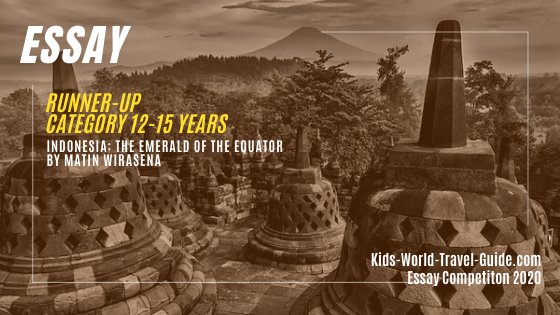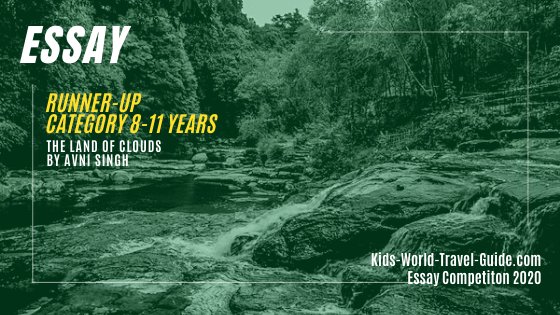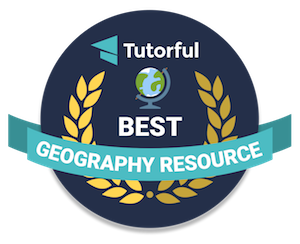Geography for Kids
Our section Geography for Kids will provide lots of information for children in junior and senior primary school.
What is Geography?
Geography is the science of the Earth’s surface, its atmosphere and its features. Here on our Geography pages we will show you what you really should know about our beautiful planet!
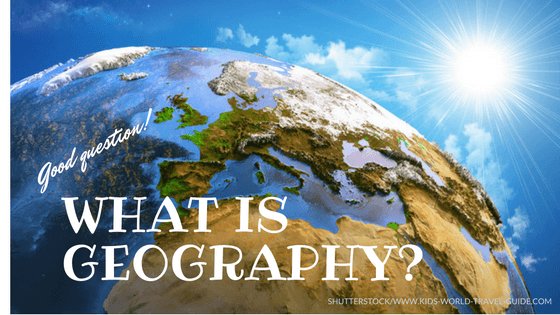 Geography for Kids
Geography for KidsGeography informs us about our planet and the world we live in. We learn about different places, the continents and countries as well as the oceans, rivers, deserts or mountains on our planet.
We will look at facts about natural environments and landforms and will discuss how people live in different parts of the world, we will learn about different languages and cultures, different traditions and challenges and learn about what makes our planet liveable.
Thus, in geography we will also learn about the effects that pollution, natural disasters, wars and conflict have on the people around the world and we will learn how to protect our environment so we can help to preserve the earth for future generations.
Have fun with our Geo Kids Quiz
What does Geography study?
What do we do when we study geography? We explore and learn about two main issues: places and people. There are two branches of geography, called ‘physical geography’ and ‘human geography’:
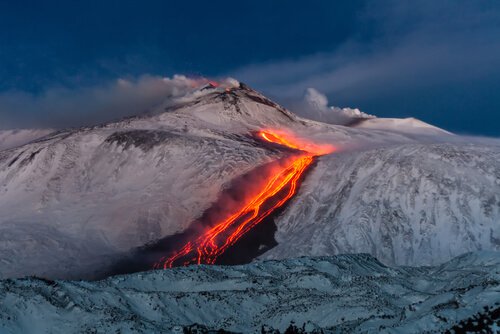 Volcano eruption
Volcano eruption- physical geography examines the nature and environment and with it, natural hazards and their effects for example what happens when a volcano erupts or where and why does flooding occur
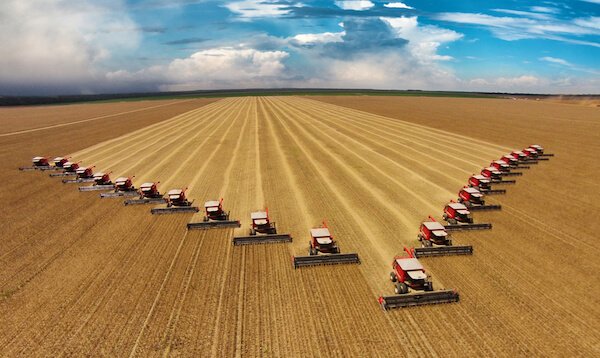 Soybean harvest
Soybean harvest- human geography studies the effects of our activities on the planet and what living in our environments on the lives and activities of the people means, such as why people move from villages into towns or even migrate from country to country or what it happens when we exploit the earth’s resources or why we experience the effects of global warming
Geography - Origins and Meaning
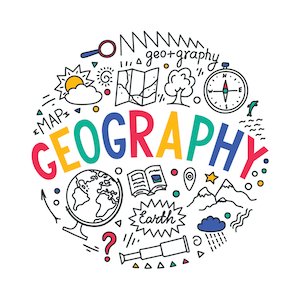
geography (noun): From the Greek word: γεωγραφία – geōgraphia, from gē 'earth' + -graphia 'writing'. This means to draw, describe or write about the earth.
geographic or geographical (adjective): relates to geography and refers to the features and location of an area
geographer (noun): origin: geōgraphos 'geographer', from gē 'earth' + graphic 'write, draw'. Refers to a profession, a person who studies geography, the environment and people. This is somebody who works with maps or works with geographic information systems and who examines natural phenomena, places and population trends.
The First Geographer
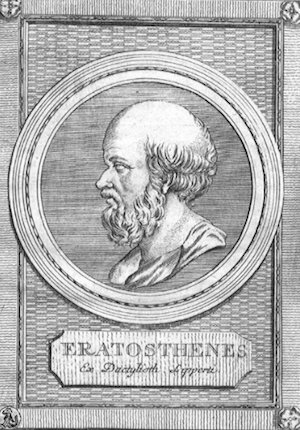
The Greek scientist Eratosthenes (276–194 BC) was the first person who used the term 'geography'.
Eratosthenes is considered to be the 'Father of Geography'.
The scientist was the first to draw a world map, he was a mathematician, astronomer and poet. He calculated the circumference of the world although people did not travel that far at that time (remember that the Americas or a route to India was not described at that time). Eratosthenes even calculated the tilt of the earth's axis quite accurately.
Typical Geography Topics
In Kids World Travel Guide's 'Geography for Kids' we explore many of the common topics of the geography curricula used in a variety of schools around the world.
Our Geography for Kids facts intend to support homeschooling parents, teachers and of course the pupils and students as most of our geo and travel information is sourced, collected and written by kids for kids.
Common topics in our Kids World Travel Guide are:
- maps, the globe and earth models
- earth structure and landforms such as mountains, rivers and deserts
- earth movements and natural disasters such as landslides, avalanches and earthquakes
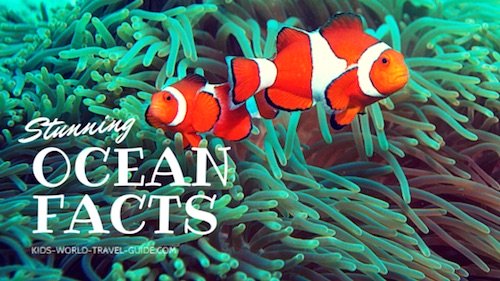
- oceans and rivers, important waterways and ports
- climate and weather phenomena which affect the various countries
- continents, countries and islands: size and location, population, economy and governments
- famous landmarks, popular sights and attractions as well as tourism and its impact
- population: languages and cultures, food, games, traditions and religions
- plants and animals and their habitats, endangered species and conservation
- natural resources as well as trade and industry and what are the most exported or imported goods
- the world’s superlatives: where to find the biggest lake, tallest buildings, highest mountains but also the driest areas, the most popular languages or tiniest country or the most famous landmarks
- and much more!
Now let's explore!
Browse our site for fabulous geography facts, geo superlatives, geo trivia or 'just' facts on the different continents and countries. Let us know if you miss some vital information and share our site with your family, friends and colleagues. Enjoy!
Other related pages

Back from Geography for Kids to Kids-World-Travel-Guide Homepage
